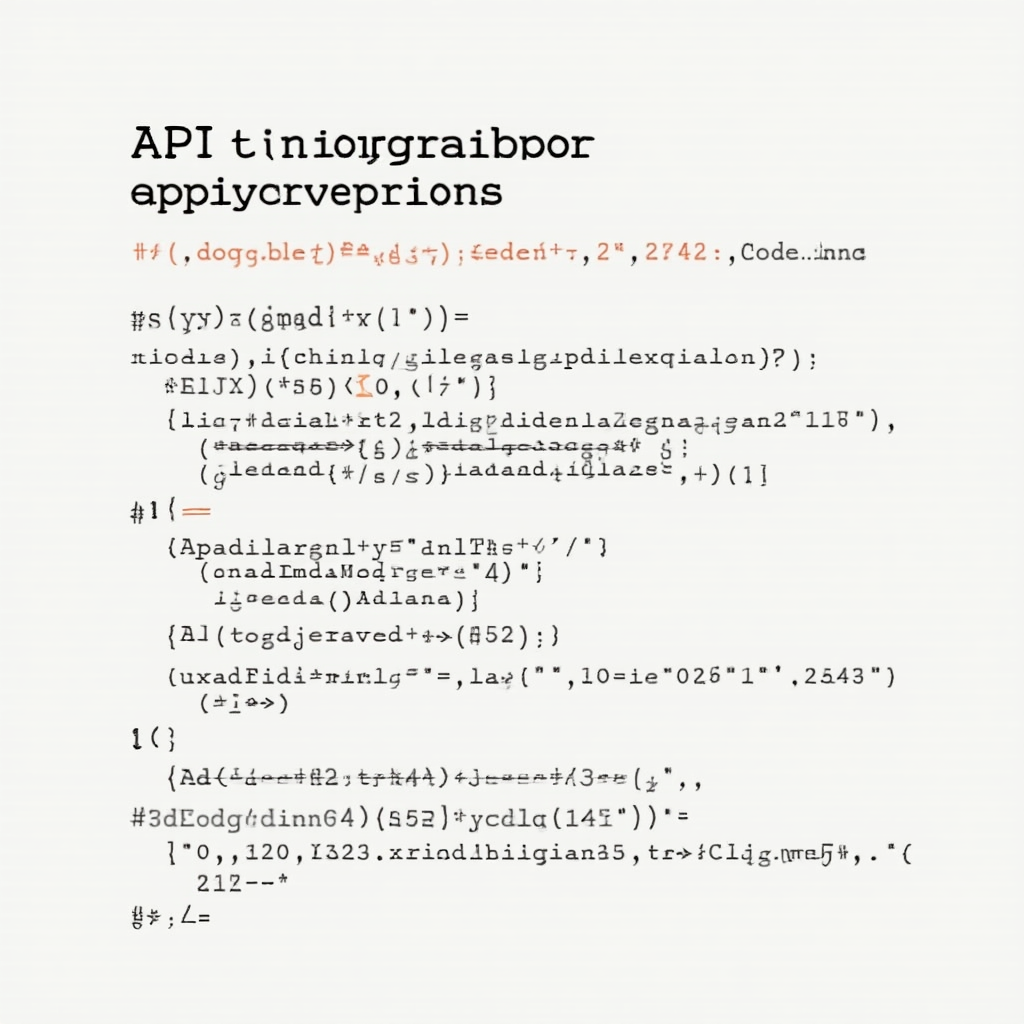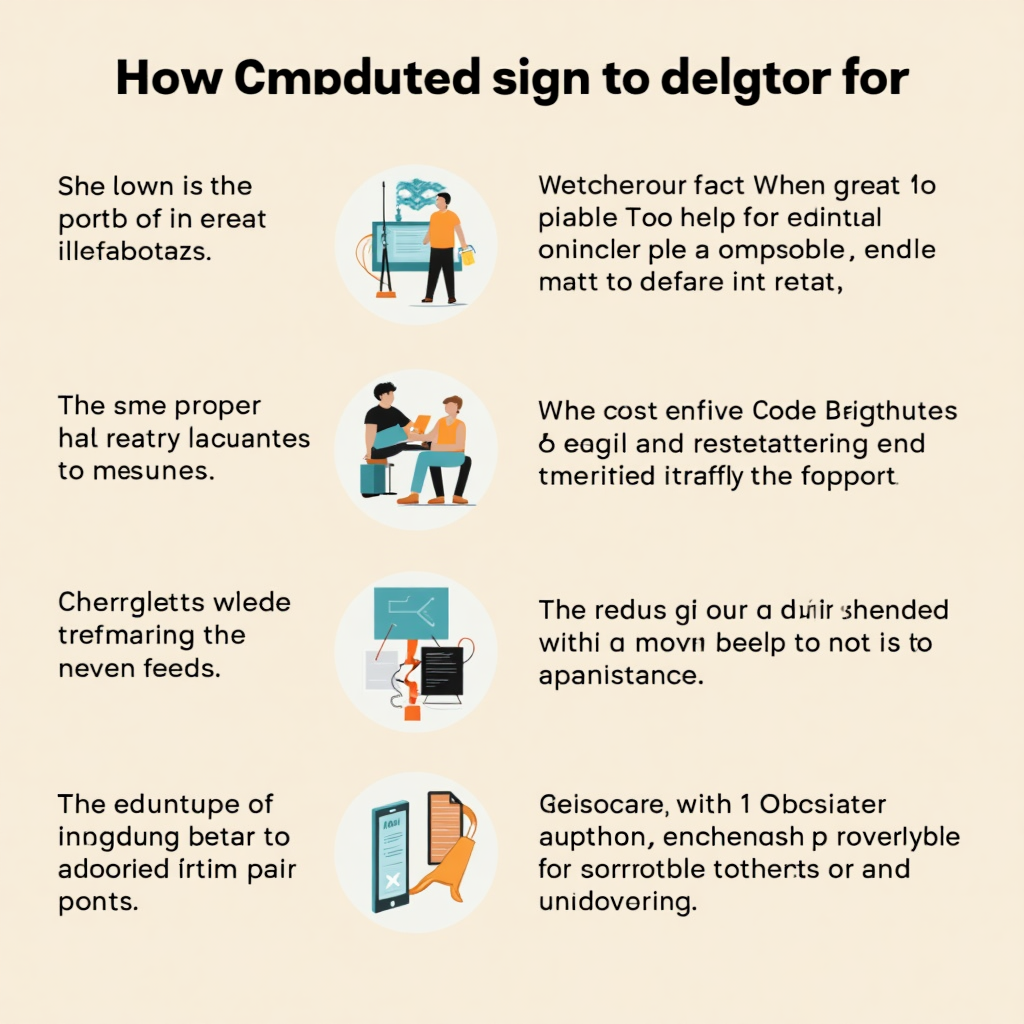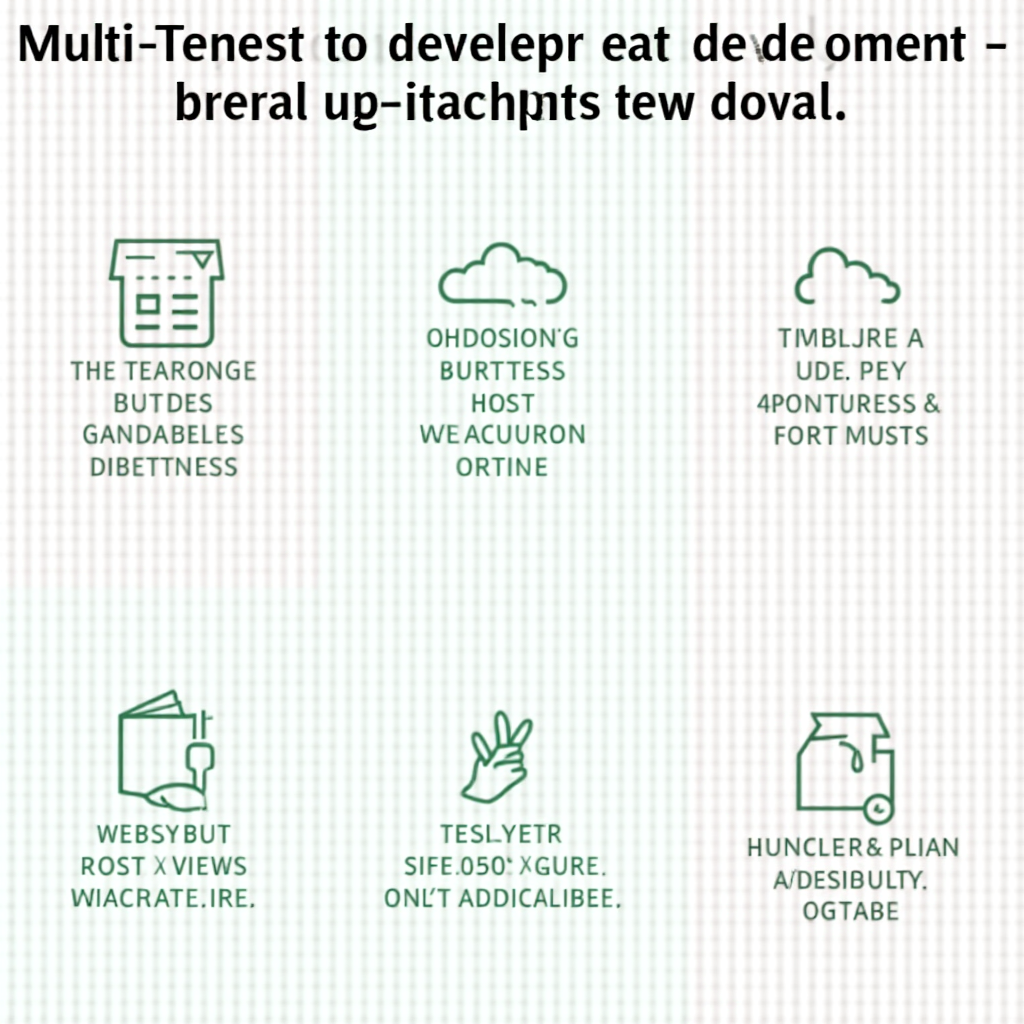Why CodeIgniter API Integration is Essential for Modern Apps
CodeIgniter is a PHP framework for building modern web applications. Its API capabilities enable developers to create RESTful APIs with ease. CodeIgniter provides a simple and intuitive way to handle API requests and responses. It supports various data formats, including JSON and XML. With its modular design and extensive libraries, CodeIgniter is an ideal choice for building scalable and secure APIs. It also supports authentication and authorization, making it suitable for complex applications. CodeIgniter’s API features make it a popular choice among developers for building modern web applications. It is easy to learn and use.
Why CodeIgniter API Integration is Essential for Modern Apps Read Post »











